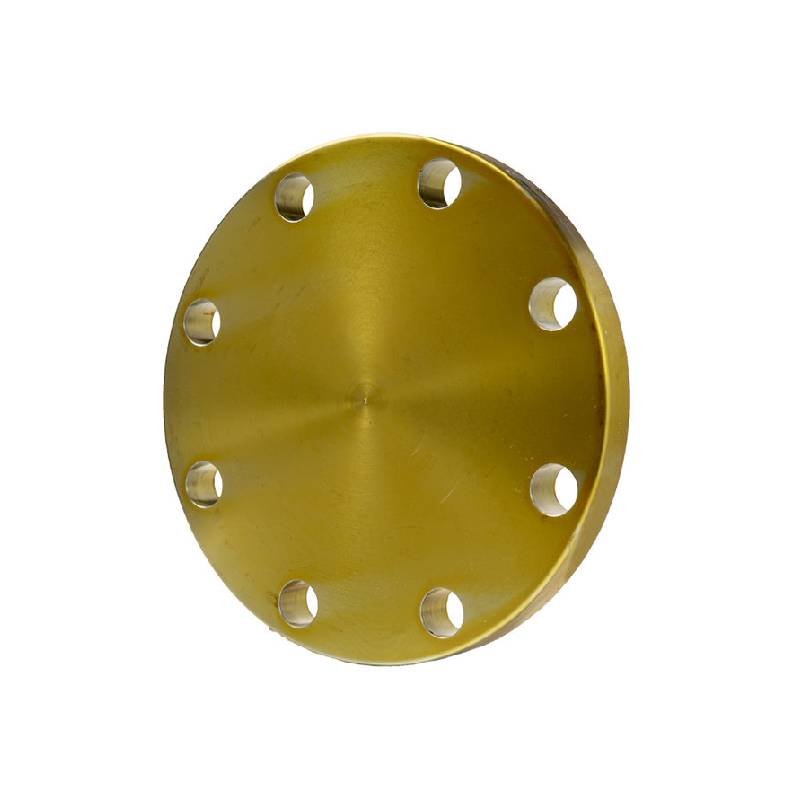-
Cangzhou Yulong Steel Co., Ltd.
-
Phone:
+86 13303177267 -
Email:
admin@ylsteelfittings.com
- English
- Arabic
- Italian
- Spanish
- Portuguese
- German
- kazakh
- Persian
- Greek
- French
- Russian
- Polish
- Thai
- Indonesian
- Vietnamese
- Zulu
- Korean
- Uzbek
- Hindi
- Serbian
- Malay
- Ukrainian
- Gujarati
- Haitian Creole
- hausa
- hawaiian
- Hebrew
- Miao
- Hungarian
- Icelandic
- igbo
- irish
- Japanese
- Javanese
- Kannada
- Khmer
- Rwandese
- Afrikaans
- Albanian
- Amharic
- Armenian
- Azerbaijani
- Basque
- Belarusian
- Bengali
- Bosnian
- Bulgarian
- Catalan
- Cebuano
- China
- China (Taiwan)
- Corsican
- Croatian
- Czech
- Danish
- Esperanto
- Estonian
- Finnish
- Frisian
- Galician
- Georgian
- Kurdish
- Kyrgyz
- Lao
- Latin
- Latvian
- Lithuanian
- Luxembourgish
- Macedonian
- Malgashi
- Malayalam
- Maltese
- Maori
- Marathi
- Mongolian
- Myanmar
- Nepali
- Norwegian
- Norwegian
- Occitan
- Pashto
- Dutch
- Punjabi
- Romanian
- Samoan
- Scottish Gaelic
- Sesotho
- Shona
- Sindhi
- Sinhala
- Slovak
- Slovenian
- Somali
- Sundanese
- Swahili
- Swedish
- Tagalog
- Tajik
- Tamil
- Tatar
- Telugu
- Turkish
- Turkmen
- Urdu
- Uighur
- Welsh
- Bantu
- Yiddish
- Yoruba

Aug . 16, 2024 23:57 Back to list
Understanding the Importance and Functionality of Sewage Pumps in Wastewater Management
Understanding Sewage Pumps An Essential Component of Wastewater Management
Sewage pumps play a vital role in modern sanitation systems, ensuring that wastewater and sewage are efficiently transported from homes and buildings to treatment facilities. Understanding the functions, types, and maintenance of sewage pumps is crucial for homeowners, businesses, and municipalities aiming to maintain effective wastewater management systems.
What is a Sewage Pump?
A sewage pump is a submersible pump designed to handle sewage and wastewater that contains solids and debris, which gravity alone cannot efficiently transport. Unlike standard water pumps, sewage pumps are specifically engineered to manage the challenging conditions often found in sewage systems, such as abrasive materials and varying flow rates.
How Sewage Pumps Work
Sewage pumps are primarily employed in locations where wastewater must be lifted to a higher elevation to reach the main sewer line. When sewage accumulates in a holding tank, the pump activates and pushes the wastewater through a discharge pipe. Most sewage pumps are equipped with a float switch that automatically turns the pump on and off, ensuring consistent operation and preventing overflow.
Types of Sewage Pumps
1. Submersible Sewage Pumps These are designed to be submerged in the sewage water. They come equipped with a motor and are generally used for deeper pits. They are efficient and can handle larger volumes of water.
sewage pump

2. Effluent Pumps While not as powerful as sewage pumps, effluent pumps are suited for handling semi-solid waste and are typically used for septic tank systems. They are designed for lighter applications and are efficient in transporting partially treated wastewater.
3. Grinder Pumps These pumps are equipped with powerful blades that grind solid waste into smaller pieces before pumping it out. This allows for the effective transportation of waste through smaller pipes, making them an excellent choice for homes situated below the main sewer line.
4. Sewage Lift Stations In larger systems, lift stations may incorporate multiple sewage pumps to handle significant volumes of wastewater. These systems are strategically located to boost the pressure and transport sewage long distances.
Importance of Sewage Pump Maintenance
Regular maintenance of sewage pumps is essential to ensure their longevity and performance. Neglect can lead to pump failure, resulting in costly repairs and environmental hazards. Homeowners should inspect their sewage pumps periodically, checking for signs of wear, blockages, or unusual noises. Cleaning the pump and removing debris can significantly enhance its efficiency. Additionally, professional inspections can help identify potential issues before they become significant problems.
Conclusion
In conclusion, sewage pumps are indispensable to effective wastewater management systems, providing essential services to residential, commercial, and municipal settings. Understanding their function, types, and maintenance needs can help individuals and organizations make informed decisions about their sewage systems. Proper use and care of sewage pumps ensure efficient operation, protect the environment, and contribute to public health by preventing sewage backflows and overflows. As urbanization continues and populations grow, the importance of sewage pumps in our infrastructure will only increase. Investing in quality sewage pumping solutions and Regular maintenance will safeguard our communities' sanitation and help us manage our resources more effectively.
Latest news
-
ANSI 150P SS304 SO FLANGE
NewsFeb.14,2025
-
ASTM A333GR6 STEEL PIPE
NewsJan.20,2025
-
ANSI B16.5 WELDING NECK FLANGE
NewsJan.15,2026
-
ANSI B16.5 SLIP-ON FLANGE
NewsApr.19,2024
-
SABS 1123 FLANGE
NewsJan.15,2025
-
DIN86044 PLATE FLANGE
NewsApr.19,2024
-
DIN2527 BLIND FLANGE
NewsApr.12,2024
-
JIS B2311 Butt-Welding Fittings LR/SR 45°/90° /180°Seamless/Weld
NewsApr.23,2024











